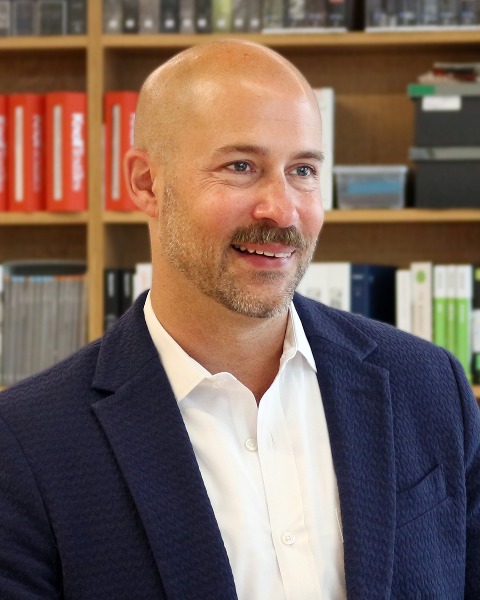

David Cordell, ASID
Associate Principal
Perkins&Will
With over 20 years of experience as project designer and technical coordinator on ground-breaking projects, Cordell brings a particular focus on interior environments and their interaction with occupant health and wellness and sustainability. Cordell’s experience includes a variety of corporate, nonprofit, healthcare, and science and technology projects for clients of various sizes. For more than ten years he has been the sustainability leader for the interiors practice in Perkins&Will’s Washington, D.C. office. Cordell has worked on numerous LEED projects, several of which earned Platinum certification, including ASID’s headquarters, the first project in the world to also earn Platinum certification under the WELL Building Standard. Cordell chairs the National ASID Committee on Climate, Health and Equity, and speaks regularly on topics related to healthy interior environments, diversity and inclusion and sustainability.




